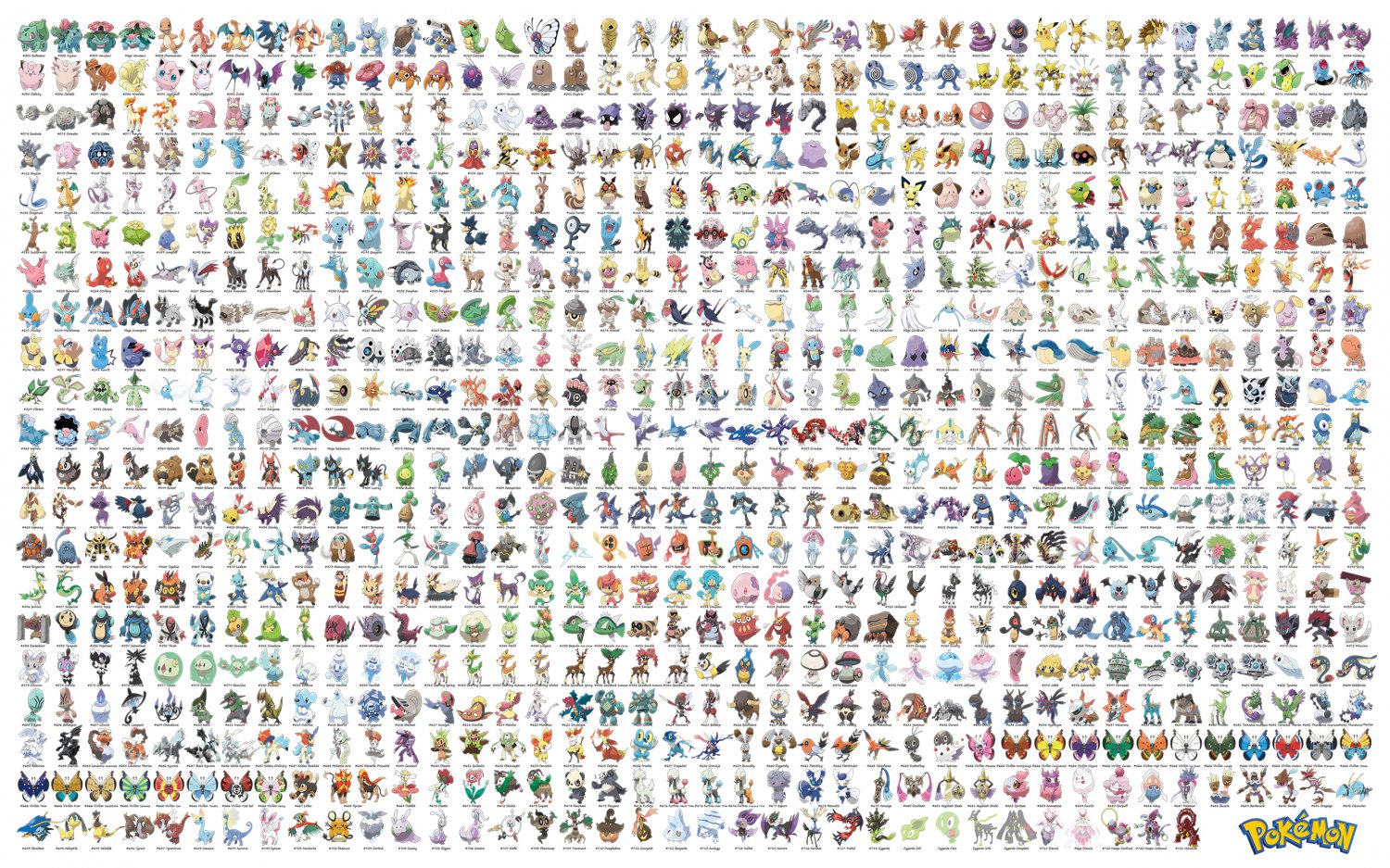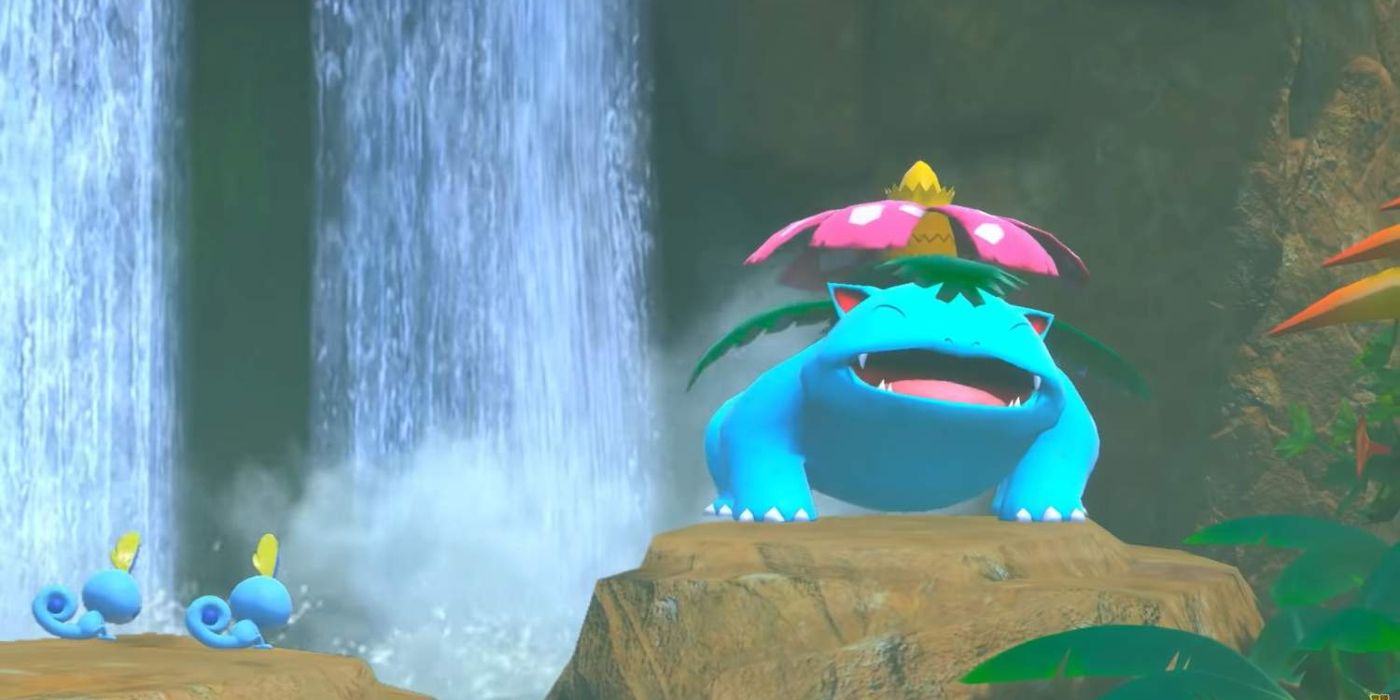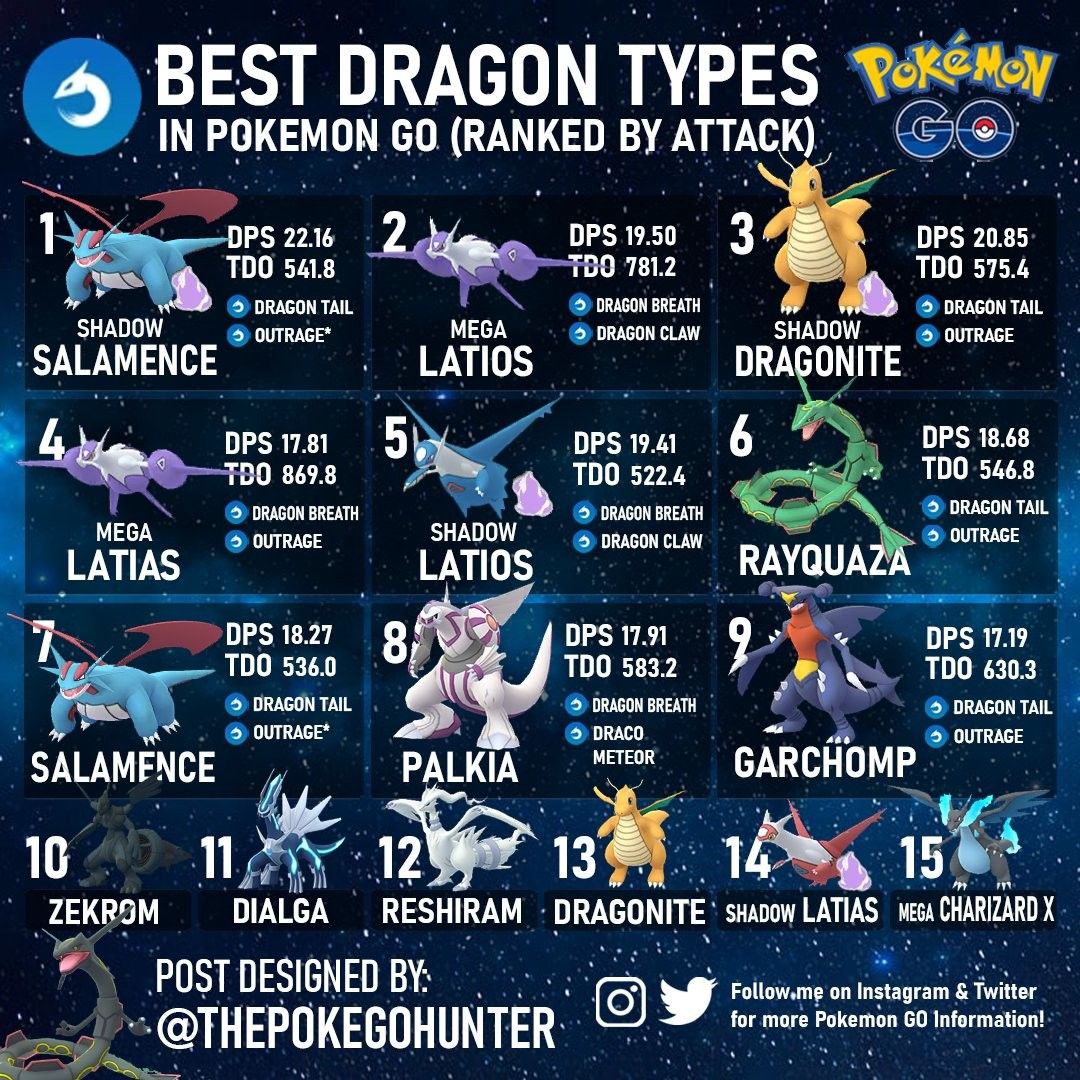This article delves into the multifaceted world of Pokémon, exploring its enduring appeal and examining its impact on gaming, animation, and popular culture. We’ll go beyond the simple act of "catching ’em all" to explore the strategic depth, compelling narratives, and the surprisingly complex social dynamics at play within this beloved franchise.
The Evolutionary Journey of Pokémon: From Game Boy to Global Giant
The Pokémon phenomenon didn’t burst onto the scene overnight. Its humble beginnings on the Game Boy in 1996, with Pokémon Red and Pokémon Blue, laid the foundation for a global empire. These initial games, simple in their presentation yet revolutionary in their core gameplay loop, introduced players to a world of collecting, training, and battling creatures. The innovative "monster-collecting" mechanic was a game-changer, instantly captivating audiences of all ages. The simple yet addictive gameplay loop of exploring, catching Pokémon, training them, and battling other trainers quickly established a devoted fanbase.

The Generation Gap: Adapting to New Technologies and Audiences
Each generation of Pokémon games has built upon the foundations of its predecessors while adapting to evolving technologies and shifting player expectations. The transition from 2D sprites to 3D environments in later generations, such as the Pokémon X and Pokémon Y releases, showcased a commitment to technological advancement. Similarly, the introduction of online features and competitive battling broadened the scope of the gameplay, fostering a vibrant online community. The ongoing evolution of the games reflects the franchise’s ability to stay relevant and appealing to new generations while retaining the core elements that made it so successful. This constant adaptation is a key factor in Pokémon’s continued dominance.
More Than Just a Game: Pokémon’s Impact on Popular Culture
The Pokémon franchise extends far beyond video games. The anime series, starting in 1997, became a global phenomenon, introducing the characters and world to a wider audience, particularly children. The anime’s consistent storytelling and endearing characters cemented Pokémon’s place in popular culture. This symbiotic relationship between games and anime strengthened the overall brand, creating a cohesive and compelling narrative experience across multiple mediums.

The Trading Card Game: A Collectible Craze
The Pokémon Trading Card Game (TCG) stands as a testament to the franchise’s enduring power. It’s a complex and strategic card game that builds upon the core mechanics of the video games, offering a different yet complementary way to experience the Pokémon universe. The TCG’s emphasis on collecting rare and powerful cards created a competitive and social environment, further driving the franchise’s popularity and creating a dedicated community of players. The strategic depth of the TCG goes far beyond simple luck; it requires planning, skill, and an understanding of the diverse Pokémon and their abilities.
Beyond Games and Anime: Merchandise, Movies, and More
The Pokémon brand’s influence permeates almost every aspect of popular culture. From clothing and toys to movies and themed events, the franchise’s merchandising is ubiquitous. This success speaks to the strength of the brand itself, and its ability to appeal to a broad range of demographics. This broad merchandising strategy not only generates significant revenue but also continuously reinforces the brand’s presence in everyday life, fostering a constant connection with its vast fanbase.

The Strategic Depth of Pokémon Battles: More Than Just "Type Advantage"
While the initial appeal of Pokémon rests on the simple pleasure of collecting adorable creatures, the battle system possesses a surprising amount of strategic depth. The concept of "type advantages" – fire beats grass, water beats fire, etc. – forms the basic framework, but true mastery requires a nuanced understanding of individual Pokémon stats, abilities, and movesets.
Team Building and Synergy: Crafting the Perfect Lineup
Creating a competitive Pokémon team is a complex task. It requires not only choosing powerful Pokémon but also carefully considering their strengths, weaknesses, and how they interact with each other synergistically. A well-balanced team utilizes a variety of types to cover potential weaknesses and leverage type advantages against a wide range of opponents. Strategic team building is a crucial element that separates casual players from the competitive elite. The meticulous planning involved elevates the strategic dimension of the games far beyond a simple rock-paper-scissors approach.
The Meta Game: Adapting to Evolving Strategies
The competitive Pokémon scene is constantly evolving. Players constantly analyze each other’s strategies, leading to a dynamic "meta game" where successful strategies are frequently countered and refined. This ongoing adaptation requires players to stay informed, adapt their strategies, and continuously refine their understanding of the game’s mechanics. This constant evolution keeps the competitive scene fresh and engaging, rewarding players who can adapt to the ever-changing landscape of Pokémon battles.
The Enduring Appeal: Why Pokémon Continues to Captivate
Pokémon’s enduring appeal is a fascinating phenomenon, resisting the typical life cycle of many other franchises. Several factors contribute to this longevity:
- Nostalgia: For many, Pokémon represents a cherished part of their childhood, evoking powerful feelings of nostalgia.
- Collectibility: The inherent collecting aspect of Pokémon, whether through games, cards, or merchandise, provides a continuous sense of fulfillment and excitement.
- Community: The vast and passionate Pokémon community fosters a strong sense of belonging and shared experience.
- Constant Evolution: The franchise’s ongoing evolution through new games, anime series, and other media keeps it fresh and relevant.
- Emotional Connection: Players form strong emotional bonds with their Pokémon, viewing them as companions rather than mere tools.
The Future of Pokémon: Continuing the Legacy
The future of Pokémon remains bright. With ongoing game releases, new anime series, and continued expansion into various media, the franchise shows no signs of slowing down. The innovative spirit that fueled the initial success continues to drive the franchise forward, ensuring that Pokémon will remain a global phenomenon for years to come. The legacy of Pokémon is not merely one of entertainment but a testament to the power of compelling storytelling, strategic gameplay, and a strong connection with its ever-growing community of fans. The journey, it seems, is far from over.


